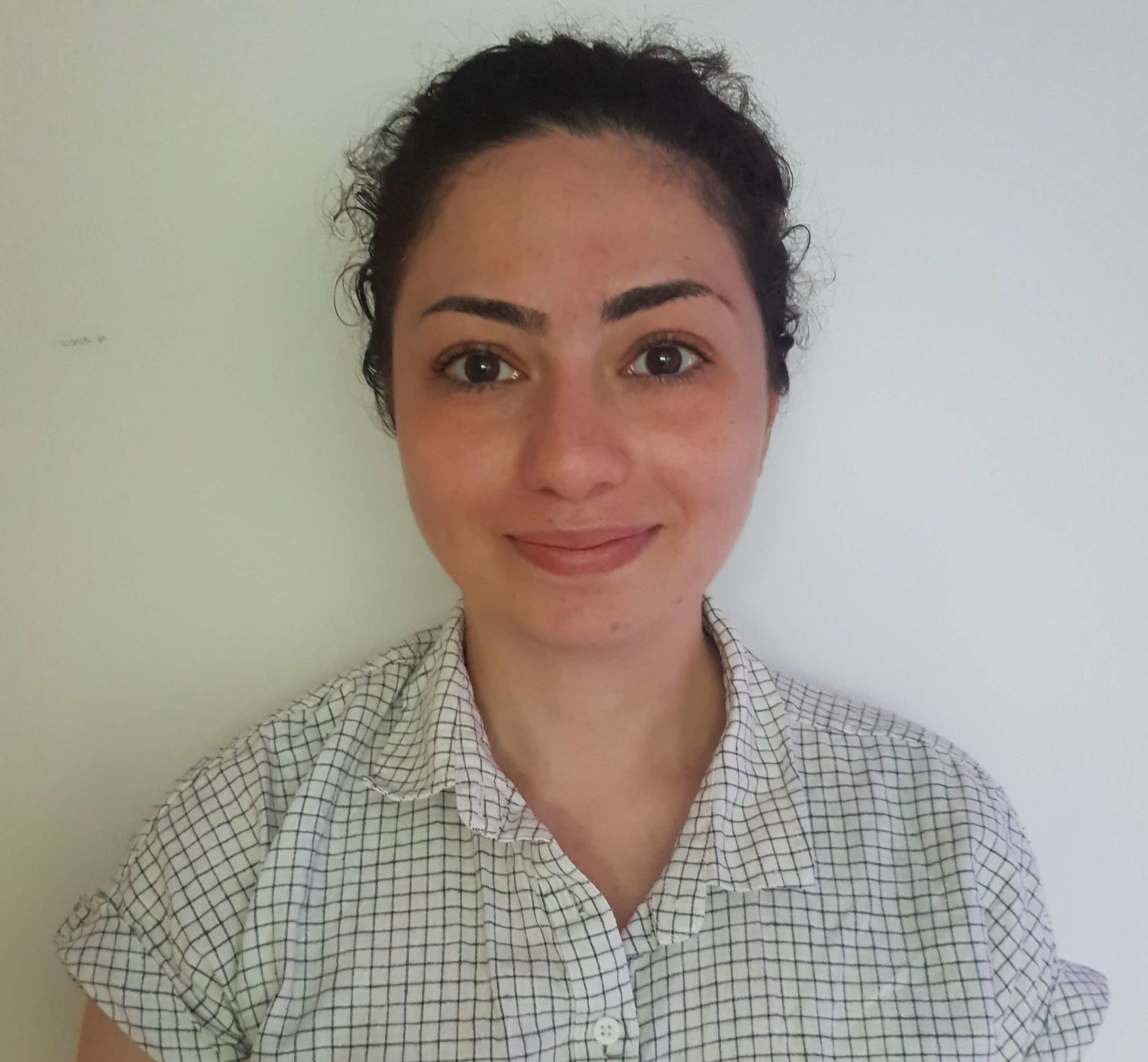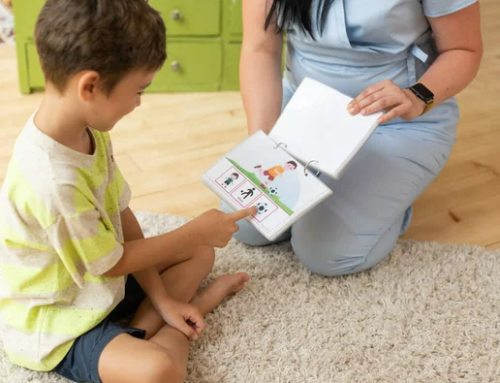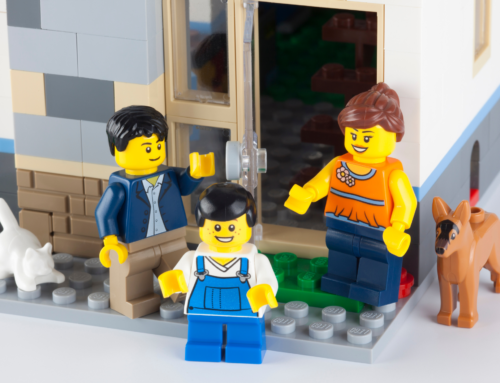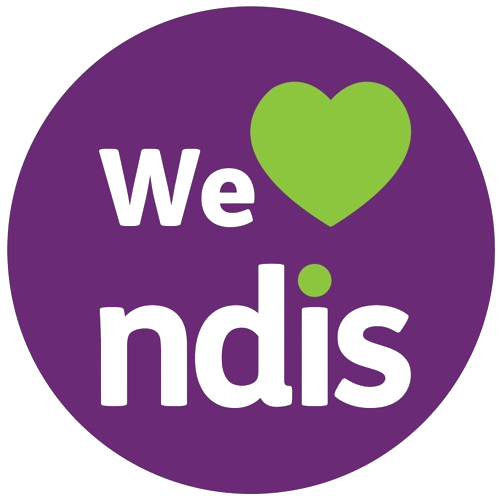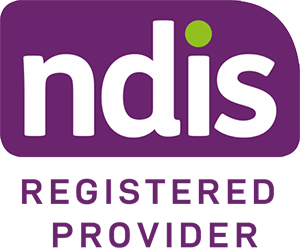Last month we unpacked the initial consultation process for new speech therapy clients. This month we talk about all things assessment!
It is essential that everyone has the opportunity to develop their communication skills to the best of their ability. Communication skills and our interactions with others contribute to our learning and experiences of the world around us. They help us to meet our social, emotional and physical needs and therefore communication skills are incredibly important in a child’s development. Difficulties with speech and language can lead to poor learning capabilities, reduced self-esteem and social and behavioural difficulties.
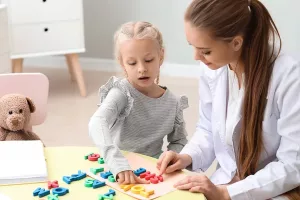
To make sure children have the best start in life, it is encouraged to seek support during the early childhood
years. Whilst it is never too late to seek support, the sooner you do, the sooner your child receives the help they require to meet their speech and language milestones.
Does my child need a speech pathology assessment?
If you have concerns about your child’s speech and language development then it’s a good idea to get in touch with a speech pathologist and organise a speech pathology assessment. Speech pathology assessments can be helpful for checking a child’s speech, language and communication skills and if they are in line with what is expected for their age range. Sometimes an assessment may have been recommended by a health professional, teacher or other educational professional, particularly if they have expressed concerns regarding an area of communication.
What does a speech pathology assessment look like?
There are different components to an assessment and ways in which we gather information including:
- Parent/caregiver discussion
- Informal assessment
- Formal assessment
The type of assessment will depend on the child’s age and needs. It could be through play using toys and games, or a more structured and formal setting. Some assessments can be completed on an iPad. We may even use a combination of these. It all depends on individual circumstances.
Parent/Caregiver Discussion
You are the expert in your child, and we are the experts in communication. As such, I cannot emphasise enough the importance of this first step. The parent/caregiver discussion is where your speech pathologist listens to gain an understanding of your situation, family’s needs and concerns. The speech pathologist will guide the conversation by asking questions to help piece the puzzle together and build up a holistic picture of your child and family. Some questions that the speech pathologist will ask relate to medical, developmental history and family history.
From here, your speech pathologist will determine which type of assessment is best suited for your child and their needs. This could be an informal assessment or a formal assessment, or a combination of both.
Informal Assessments: Play and Observation

No matter our age, we all learn best if the learning is done when the context is enjoyable and we are having fun! It increases our motivation and our willingness to engage in the activities and interactions.
This is one of the reasons why play has such an important role in a child’s development. Play is fun, motivating, and meaningful for a child, making play the best context for a child to learn. From an early age, children learn about the world around them through play, including learning how to communicate.
This holds true for assessments as well. Play allows a child to best demonstrate how they communicate. Your speech pathologist will use play to elicit different types of communication and then use this information to gain an understanding of your child’s communication strengths and areas for development.
Formal Assessments
Formal assessments are generally standardised. There are several standardised assessments. Again, your speech pathologist will determine if a formal assessment is required, and which one is best suited for your child and their needs. Play is included during these assessments to supplement additional information, provide breaks and to allow the therapist and your child to build a positive rapport. We want them to feel comfortable and enjoy the process as we all perform best when we are happy.
A standardised assessment is delivered within a strict criterion. These assessments have been designed and tested to be reliable, valid and produce consistent results. This is so the results can be compared to those of typically developing children of the same age. Although, exploring how your child compares to other children of the same age can provide valuable information during an assessment, standardised assessments can also have some shortcomings.
A standardised assessment is not always the better option. For example, it may not provide us with information as to how your child’s communication difficulties impact their daily life and quality of life. Additionally, results can be affected by other factors such as mental health, how the child is feeling on the day, their attention and listening, bilingualism and so forth.
What can speech pathologist assess?
Speech Pathologists can assess a variety of areas. The following is a list of the main areas we assess.
- Receptive language (understanding of language)
- Expressive language (use of language)
- Pragmatic language (social communication)
- Play skills
- Literacy and phonological skills (reading and writing)
- Fluency of speech (stuttering)
- Articulation (pronunciation of words and sounds)
How long does the assessment take?
All children are different, and each child will respond differently to assessment. Some children may take 2 or more sessions to complete a standardised assessment, and that’s ok. An informal play assessment may not take as long as a standardised assessment. Factors such as behaviour, tiredness, motivation and age can impact on how long an assessment takes. Your speech pathologist will adapt things to make the process fun for your child!
What should I bring with me?
- Any previous reports. This includes reports from occupational therapist, previous speech pathologist, psychologist, paediatrician, hearing assessment and school. You may or may not have these, but if you do have them, please bring them in as it gives your therapist more information about your child.
- If your child is anxious or shy, it may be a good idea to bring along a toy or game that your child loves to help them feel more secure and comfortable.
What happens next?

After the assessment session, we will score the results, collate all the information and our observations from the sessions. We then write a comprehensive, reader-friendly report.
Once the report has been finalised, we will organize a feedback session with you to discuss the outcomes of the assessment and next steps. For example, we may find that your child’s speech and language skills are developing typically, or that therapy would be beneficial. Your speech pathologist will set goals in conjunction with you and design a therapy plan.
Get in contact!
If you have any questions or you feel your child could benefit from the support of a Speech Pathologist, please don’t hesitate to get in touch with Beam Health for a chat about your child’s situation and how we may be able to help.


